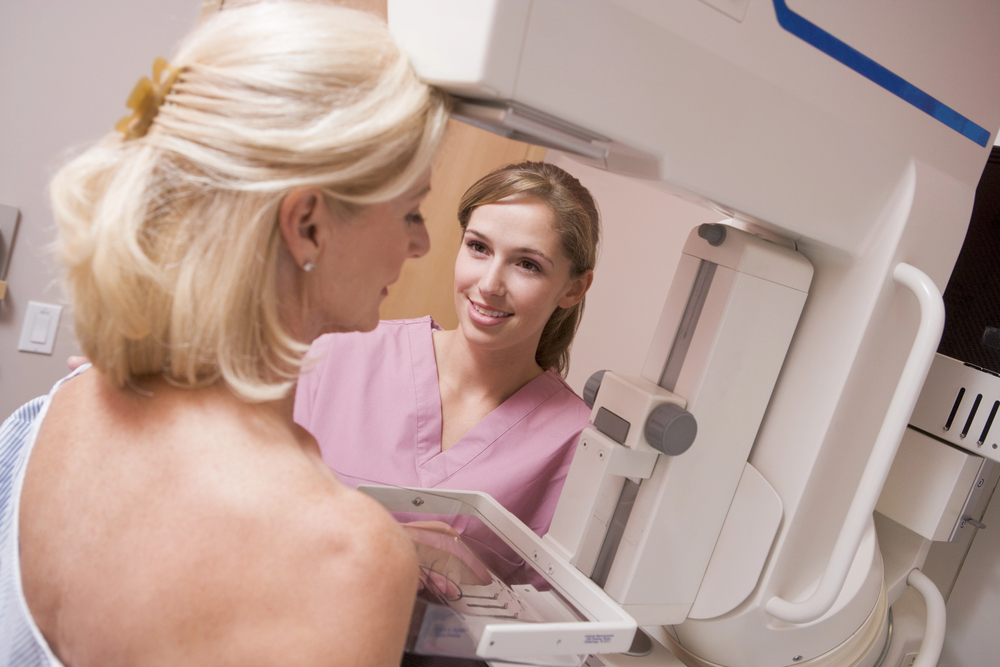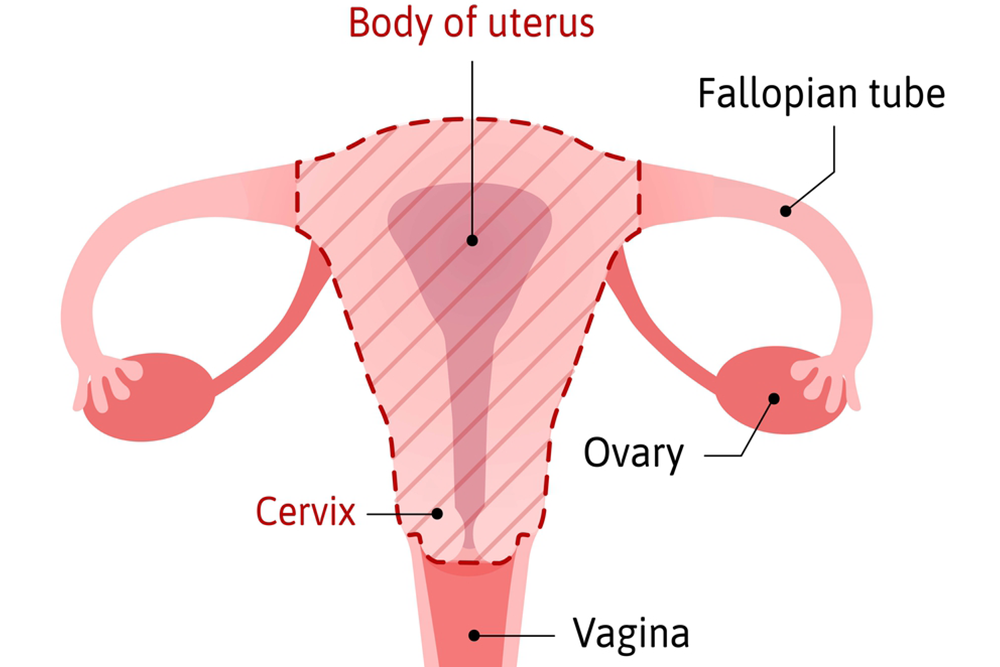
Understanding Your Mammogram Results
Interpreting mammogram results can be an emotional and confusing process for many women. These results...
Read MoreFew women look forward to their monthly menstrual periods. But if you suffer from heavy bleeding, having your period might mean you’re unable to participate in your usual daily activities.
While every period is different, there are a few signs that could indicate your periods are too heavy. These include periods lasting longer than seven days and bleeding that’s so heavy, you have to change pads or tampons more than once an hour for at least two hours in a row.
If these symptoms sound familiar, help is available. Our team at The Women's Center works with women of all ages to manage their period symptoms and take control of their health.
The average menstrual cycle is 21-35 days long. A new cycle starts on the first day of your menstrual period, and menstrual bleeding typically lasts 2-7 days.
If your periods regularly last longer than seven days or you experience very heavy bleeding, you might have menorrhagia, which is the medical term for heavy menstrual bleeding. Menorrhagia can be so severe that it makes your usual activities difficult or impossible during your period.
There are many possible causes of abnormally heavy bleeding during your period, including:
Remember that there’s no way to know what’s causing your symptoms without a professional evaluation. If you think you have unusually heavy periods, don’t try to diagnose your condition on your own.
If your periods are so heavy that your symptoms interfere with your daily life, it’s time to talk to your doctor. We specialize in diagnosing and treating abnormal menstrual symptoms, and we’re here to assist you in finding the answers.
It’s helpful to track your menstrual cycles for a few months before coming in for your appointment. Make note of details like how long your period lasts, how heavy bleeding is, and the symptoms you notice before and during your period.
At your appointment, we review your symptoms and perform a physical with a pelvic exam. There are many effective treatments available for menorrhagia, and we often recommend one of the following based on your diagnosis.
One of the most effective treatments for menorrhagia is hormonal birth control. Hormonal medications regulate your menstrual cycle, and depending on which method you choose, they can significantly reduce or even stop your period.
The most popular methods of hormonal birth control are oral pills, skin patches, Depo-Provera® injections, arm implants, and IUDs. Our team can help you decide which method is right for you, based on your lifestyle, family planning goals, and your most bothersome menstrual symptoms.
If you’re trying to get pregnant or you don’t want to use hormonal birth control for another reason, other medications can also help manage symptoms of menorrhagia.
Nonsteroidal anti-inflammatory drugs (NSAIDS) may reduce both bleeding and menstrual cramps. Tranexamic acid can reduce bleeding by preventing blood clots from breaking down. If you have anemia during your period due to blood loss, iron supplements can also help.
Many women find that medication makes their periods easier to manage. But if you’ve tried hormonal birth control or other medications and you still have heavy bleeding, we may recommend minimally invasive ablation.
Ablation is a safe and effective way to reduce menstrual bleeding, but you won’t be able to get pregnant after the procedure. If you want to get pregnant in the future, talk to our doctors about alternatives to ablation.
You don’t have to live with heavy periods. Find a solution that helps you feel like yourself again at The Women’s Center. Call one of our 11 Orlando, Florida-area locations or schedule your first appointment online now.




Interpreting mammogram results can be an emotional and confusing process for many women. These results...
Read More
Hysterectomy, a surgical procedure involving the removal of the uterus, is often considered a last...
Read More
Menopause marks a significant transition in a woman's life, bringing about various changes that can...
Read More